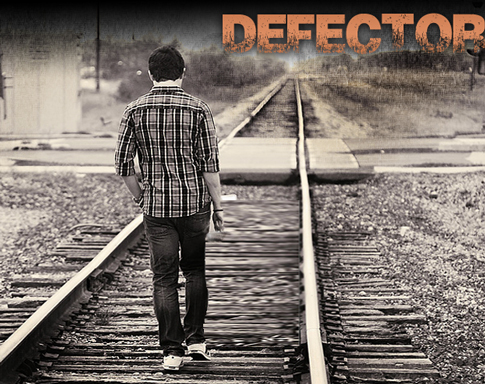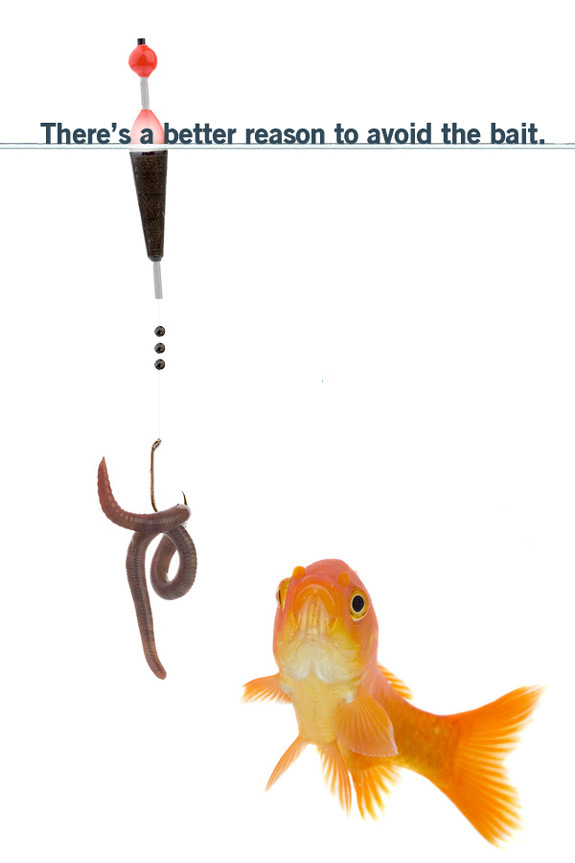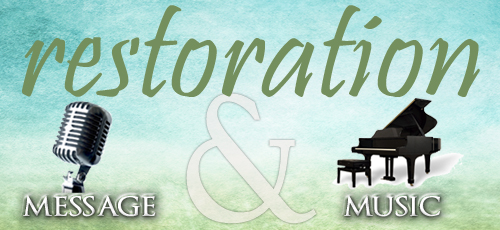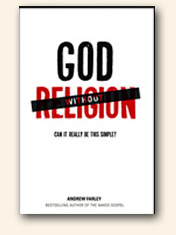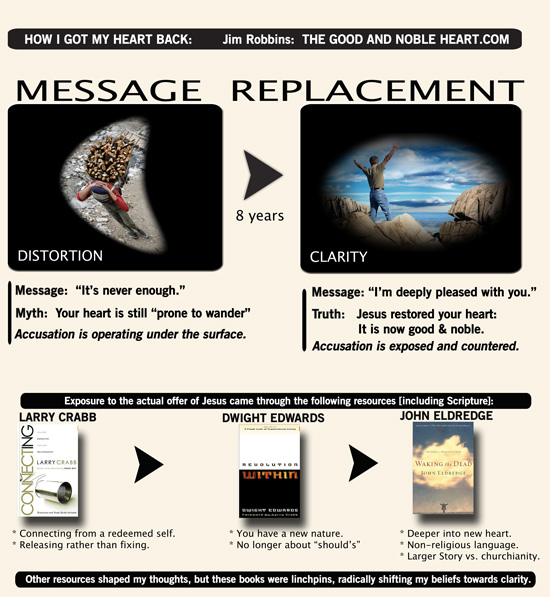Are you fighting the wrong thing?
 Wednesday, June 10, 2015 at 5:51PM
Wednesday, June 10, 2015 at 5:51PM PODCAST: "ARE YOU FIGHTING THE WRONG THING?"
A friend of author Wayne Jacobsen once drew a cartoon where Jesus opened his arms to the masses and said, "Come to me all you who are heavy-burdened and I will give you an accountability group."
The "Christianity" many of us were invited into declares that the battle we face is against the heart, not for it. Why? Because the underlying assumption of a false gospel is that the "heart is deceitfully wicked," even after you've been made a new creation in Christ. We warn each other about the alleged dangers of following our hearts: "Don't trust your heart, it will lead you astray. You have a wandering heart, a divided heart. Reject the desires of the heart. If it's what you want, it probably isn't what God wants."
Certainly discernment must accompany desire: You need to know if a desire is coming from your heart -- and is therefore a noble desire -- or if it's coming from another source. Or it may be that your heart may need mentoring before you rush headlong into something good but untimely. But this is not to say that the Christian's heart is still "deceitfully wicked."
Scripture says, "I will give you a new heart." This is the gift Jesus gave you when you said 'yes' to him. Paul even says, "In my inner being, I delight in God's commands..." [How can he delight in God's commands if his heart, his inmost being, is rebelliously set against God?] He wouldn't be able to delight in God's commands if that was the case.]
When you said 'yes' to Jesus, he gave you his own noble-hearted nature. The irony is, the brand of misguided Christianity that pins the heart to the wall -- so that it doesn't go astray -- actually produces Christians who go to war against the most holy and noble place within them! These mislead souls end up mistrusting their best self! The Christian has then set herself against the very residence of goodness and wholeness God set within her. We quote, "May Christ dwell in your heart through faith" then attack the very heart where Jesus dwells within. So not only are we at war with our best selves, we're at war with God's work; because we've shackled and shut-down the heart of his work, literally. The core of God's work in any man or woman begins by replacing a ruined heart with a royal heart, and we've rejected our own crown.
This false gospel creates a house-divided by...
- Guarding against the heart rather than guarding the heart, the wellspring of life within you.
- Holding the heart hostage rather than healing the heart's wounds.
- Locking the heart away rather than loosing the heart from false suspicion.
Don't fight the wrong thing. Fight the Enemy of your heart, the Accuser, but don't wage war against God's throneroom he has set within you. In Christ, your heart becomes your ally, not your enemy.



















